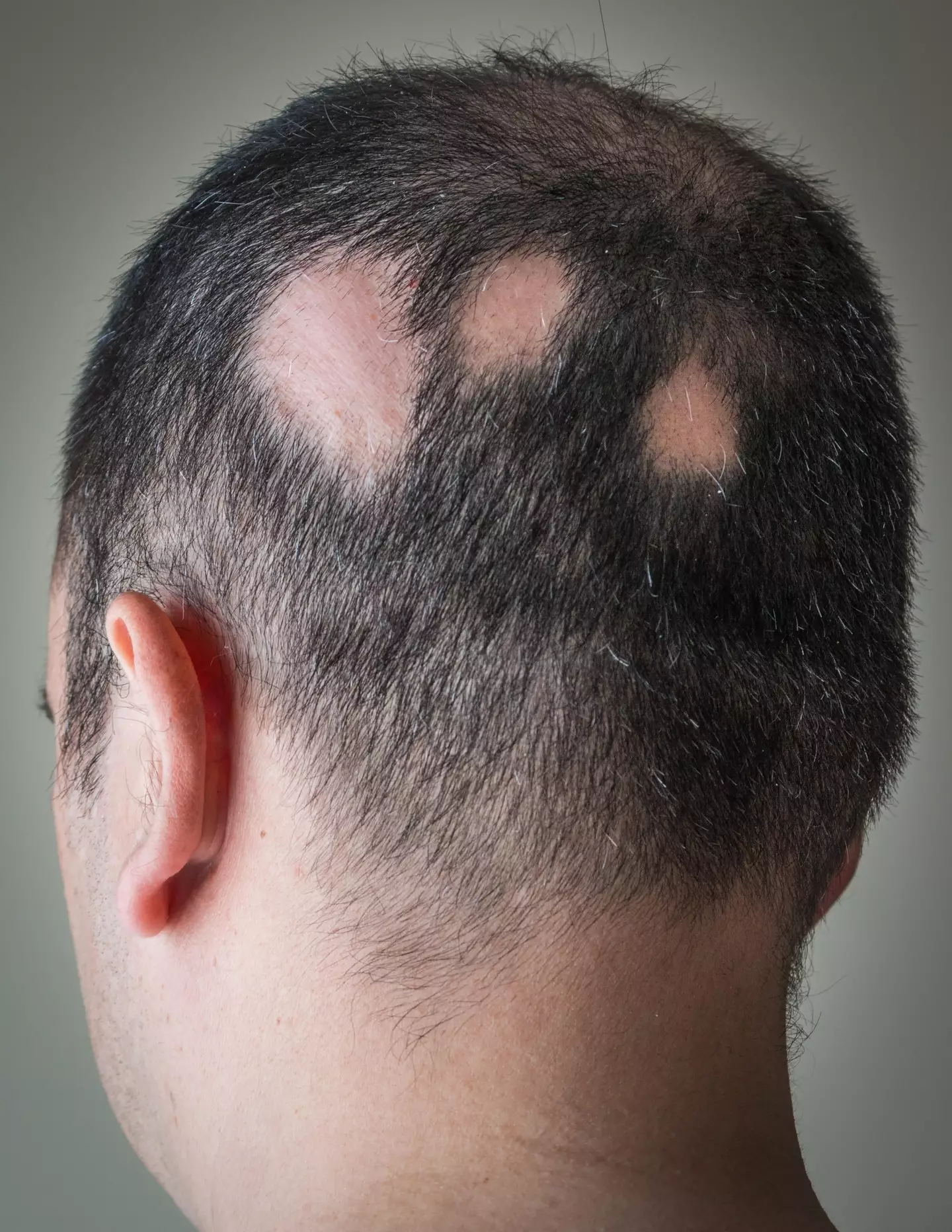
People living with alopecia could have a new treatment on the horizon thanks to new research.
A study has shown that patients suffering from the condition were able to grow hair back after being treated with a standard arthritis medicine.
Over 36 weeks, participants suffering from severe alopecia were given a daily dose of four milligrams of baricitinib, two milligrams of baricitinib, or a placebo.

Advert
One-third of the patients who received the larger quantity of baricitinib grew their hair back, and it was concluded that the drug could interrupt cytokine signalling - the root cause of alopecia.
Phase three clinical trials for this treatment will undergo the final testing hurdle before being approved by the US Food and Drug Administration (FDA).
Associate professor of dermatology at the Yale School of Medicine and lead author of the new study Dr Brett King said researchers are one step closer to finding a cure for alopecia areata.
He wrote in the New England Journal of Medicine: “This is so exciting, because the data clearly show how effective baricitinib is.
“These large, controlled trials tell us that we can alleviate some of the suffering from this awful disease.”
Advert
Yale News reports that ritlecitinib and ALRV5XR are also being tested for potential long-term alopecia treatments.
According to National Alopecia Areata Foundation (NAAF), around 147 million people have or will develop alopecia at some point in their lives, with 6.8 million people affected in the US and 2.1 per cent with a lifetime risk.
However, Dr King wants to change that as he believes that these studies will be able to assess appropriate long-term treatment for the illness.
“Alopecia areata is a crazy journey, marked by chaos, confusion, and profound sadness for many who suffer from it,” he said.
Advert
“It will be incredible to have a medicine to help people emerge on the other side, normalcy restored, recognisable again to themselves and those around them.”
Currently, there is no FDA approved drug to treat alopecia.
Chris Rock's infamous G.I. Jane joke at the Oscars has raised awareness about alopecia over the past week.
It's led to people finding out more about the condition and also saw people speak out about why jokes like Rock's are problematic.